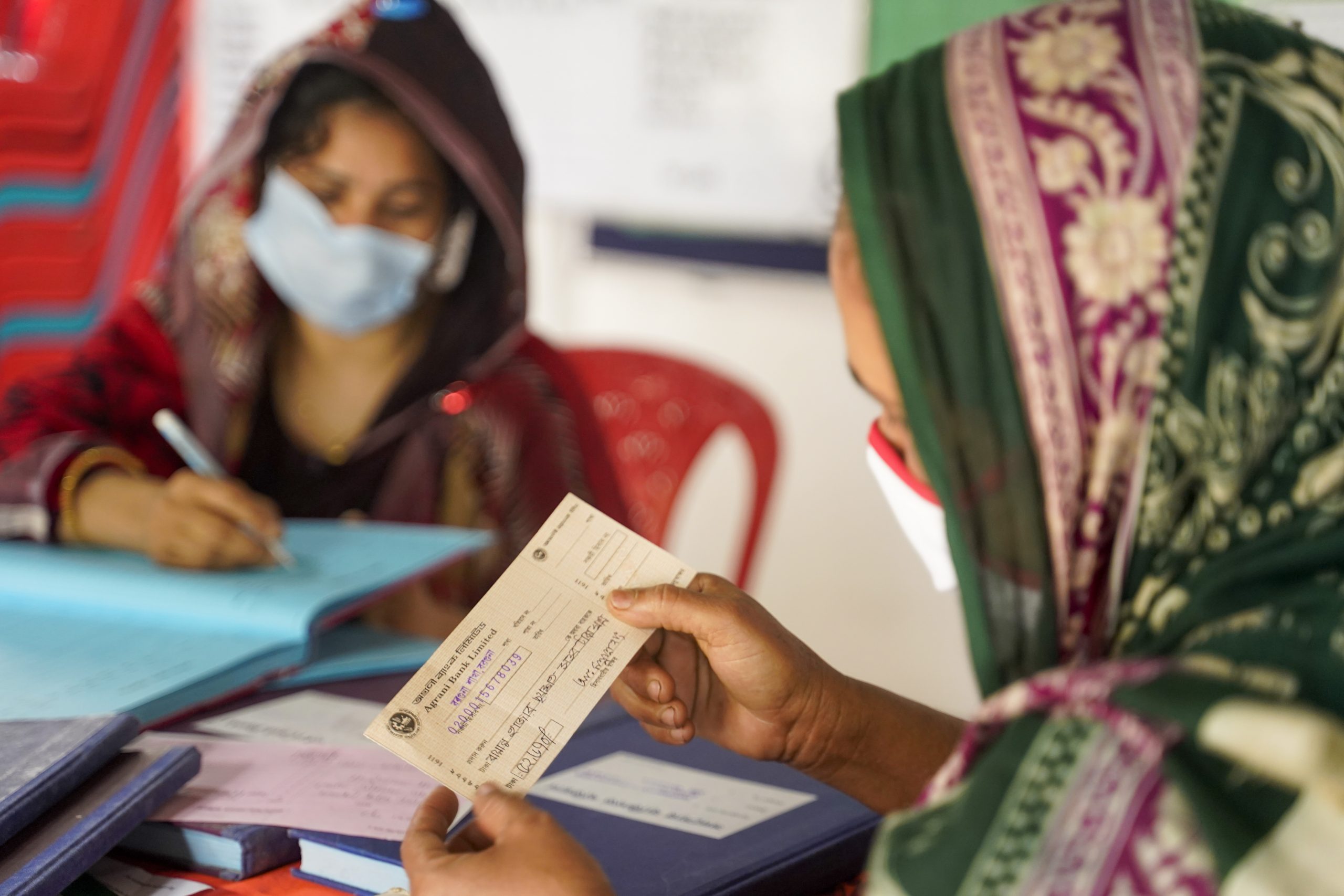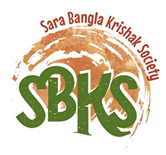Published By: FAO

Knocking on closed doors is something Renu Bala is very good at.
First, it was the doors of her neighbours in Panjor Bhanga, her home village in northern Bangladesh. She had an idea for them: what if they formed a milk cooperative?
They didn’t have much to lose. “The women of this village are very poor and raise only local Deshi cattle,” Renu explains. “I thought that if I could start a dairy business, and encourage other women to join, if I could make them aware, then we could all profit.”
In Panjor Bhanga, profit through agriculture is increasingly hard to come by as frequent flooding submerges farmland and roads. Bangladesh is one of the countries most threatened by the effects of climate change.
With this in mind, Renu Bala went from house to house and pitched her plan. Most of the women, and their husbands, were skeptical at first.
“Generally, the village women are very shy. That’s why it is very difficult to bring them all together,” she says. “At first they thought we were trafficking women.”
But in the end, she won them over. By 2011, 15 women had joined the Panjor Bhanga Women’s Milk Cooperative. Their next challenge: finding a way to buy high-yielding cattle, especially when none of the women had sufficient collateral for a bank loan.
Read More : FAO
